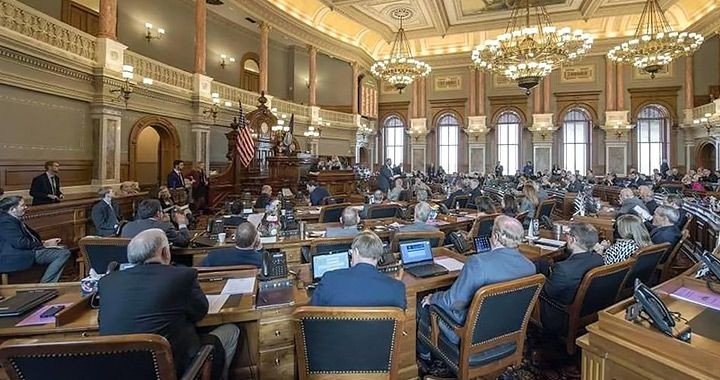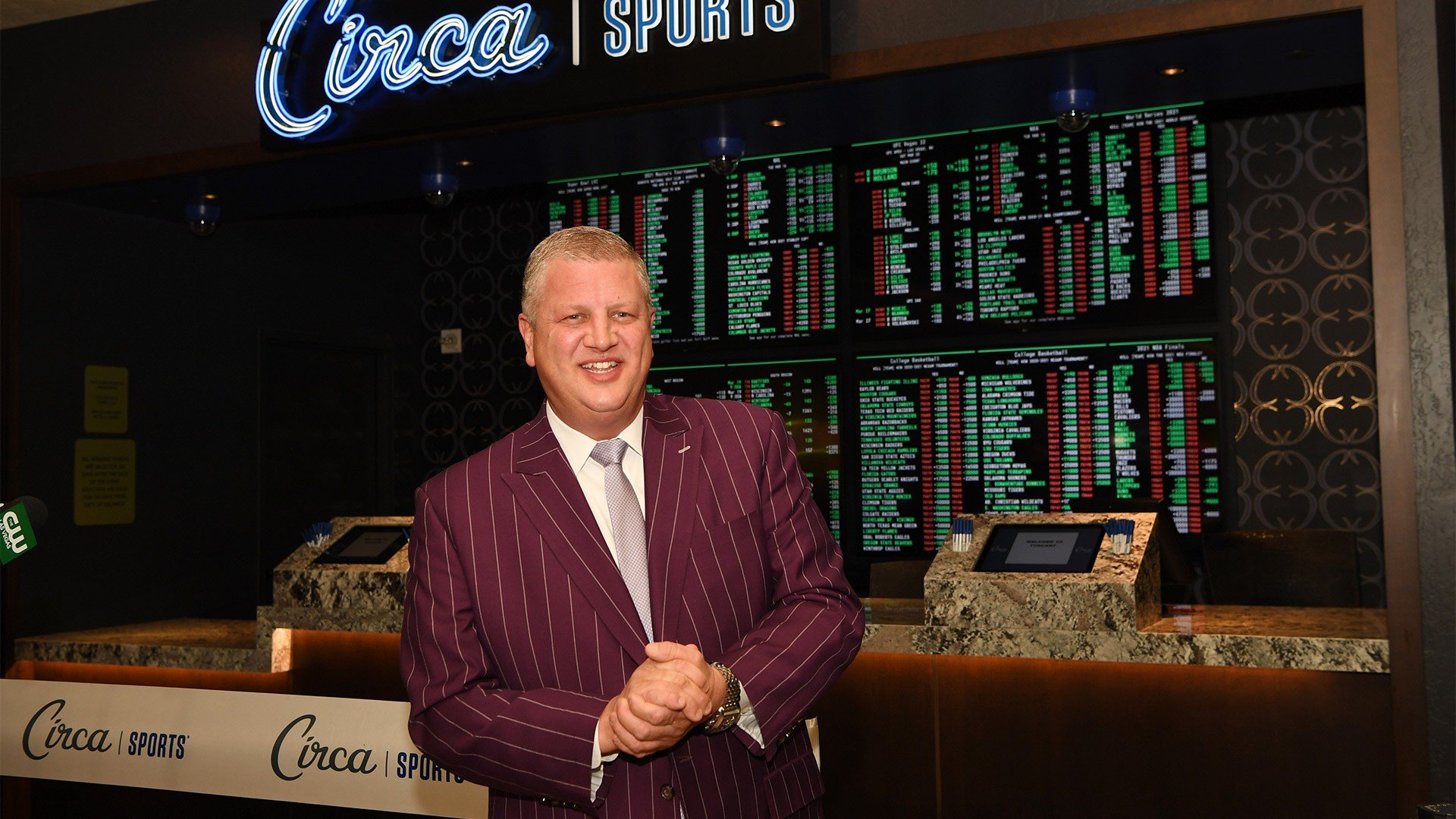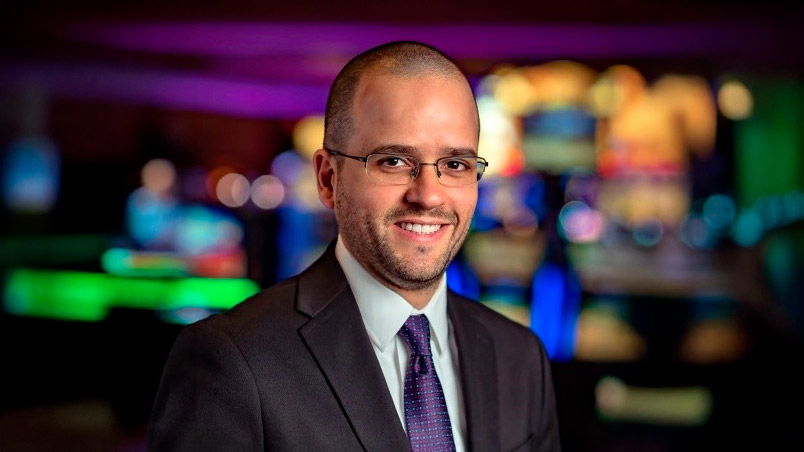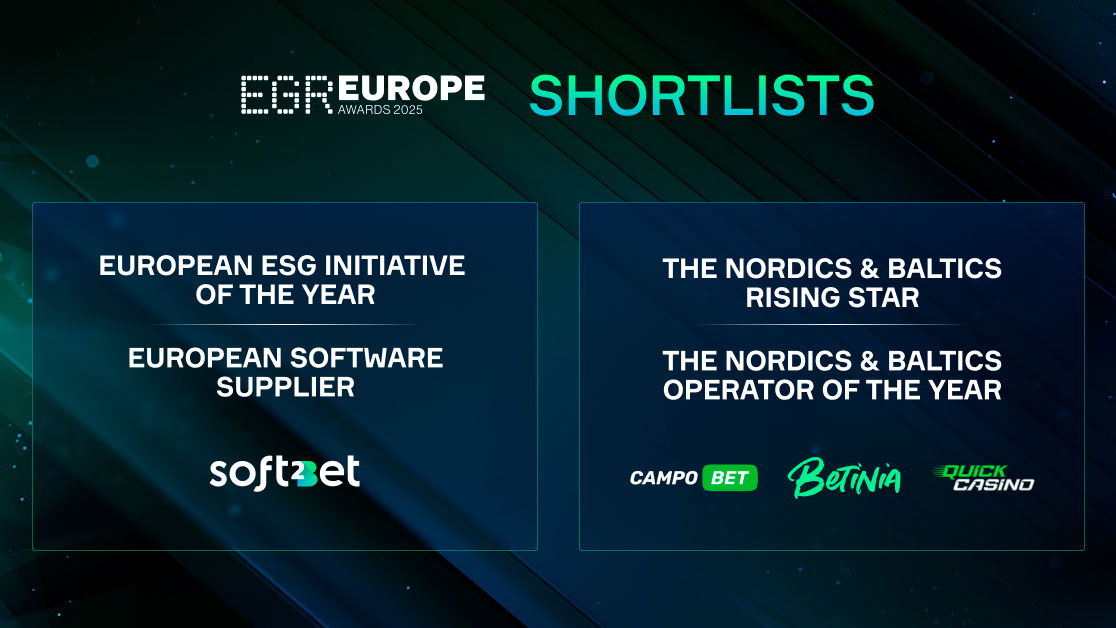Kansas legislators are discussing sports betting bill

Kansas allows traditional casino gambling, but the bill comes as a response to the U.S. Supreme Court case in which New Jersey is trying to overturn a federal law banning sports wagering in all but four states.
As disclosed by Kansas Public Radio, A bill before the House Federal and State Affairs Committee would allow sports betting through the Kansas Lottery. At least one major professional league says it wants some input on the rules, and a cut of the winnings.
“You never know what the Supreme Court’s going to do, but a number of states have kind of jumped on the bandwagon looking at this,” said Republican Rep. John Barker, chairman of the Kansas House committee considering the bill.
Yet Barker said he doubts the bill will make any headway. He said he’s still considering his stance on the issue, but he said the committee could consider other proposals this year to allow sports betting.
“There’s a possibility,” Barker said. “It’s a great revenue source. It would not be a big revenue source, but it would be a good revenue source.”
The hearing Tuesday had the attention of some major sports organizations. Major League Baseball sent Bryan Seeley, its senior vice president of investigations and deputy general counsel.
He said the league has opposed gambling for years, but he didn’t urge lawmakers to reject the idea. Instead, he said if Kansas legalizes sports gaming it needs to put controls in place so games aren’t fixed.
“Anything that gives players an incentive to not perform at their absolute peak is a huge danger to our business and can cost us tens, if not hundreds, of millions of dollars,” Seeley said.
Fixing can be more subtle than deciding the winner of a game, or even the point spread, Seeley said. Pro sports officials fret about much more specific bets — over a single pitch in a baseball game or the first foul in a basketball game.
“Those are the kind of bets we worry about,” Seeley said. “That’s why we want to have a say in whether casinos can offer those kinds of bets.”
The league wants rules over data sharing so they can spot betting trends that might indicate a player or umpire was planning to make a pre-arranged move.
Seeley said all that number crunching won’t be cheap. So MLB is also asking for a cut of the gaming revenue to help cover the league’s costs.
That didn’t sit well with Richard Klemp, director of governmental affairs for Boyd Gaming. The group owns the Kansas Star Casino in Mulvane. He said the firm opposes the so-called “integrity fee” going to sports leagues because there’s no such fee for sports gaming operations in Nevada.
“Which have been operating for decades in Nevada with a spotless record in terms of integrity,” Klemp said.
Casino representatives and MLB also disagreed on how the gaming should take place. Seeley argued for mobile apps allowing people to gamble on their phones. Without that, he said, people would continue to use illegal gaming apps for convenience.
Whitney Damron spoke to lawmakers on behalf of Kansas Entertainment, the company that owns the Hollywood Casino in Kansas City, Kansas. He said sports gaming should take place inside casinos or other gaming facilities.
“The public does have an interest in this kind of wagering,” Damron said. “It can be provided in a protected manner.”


















































